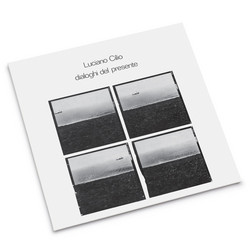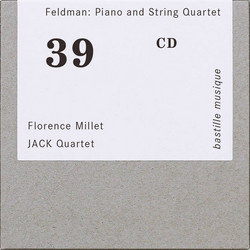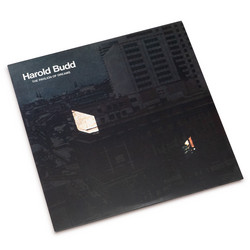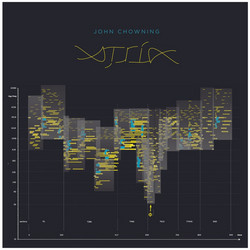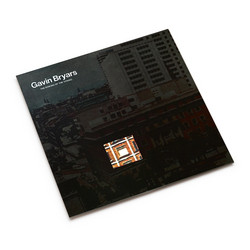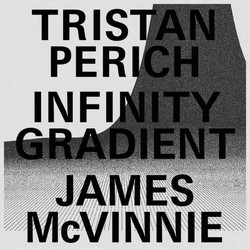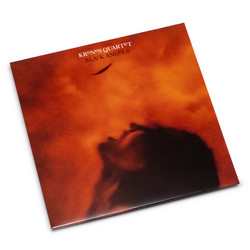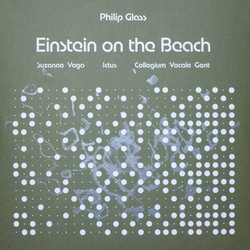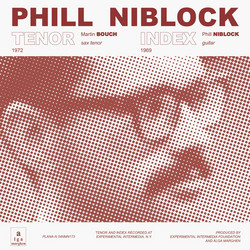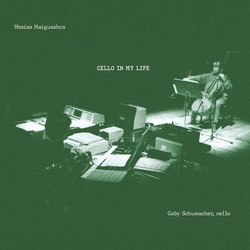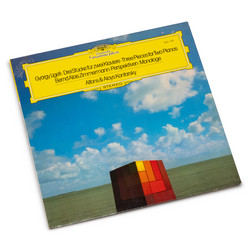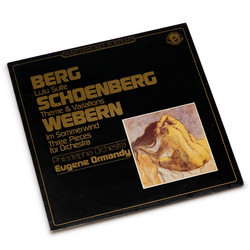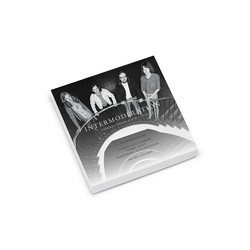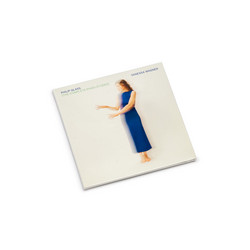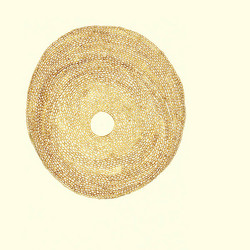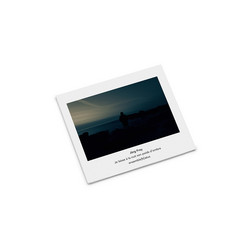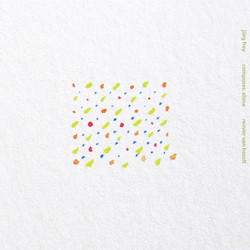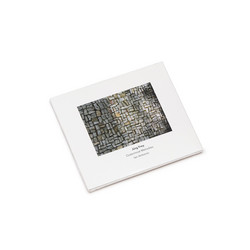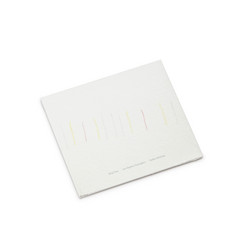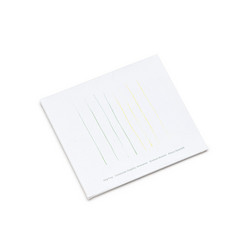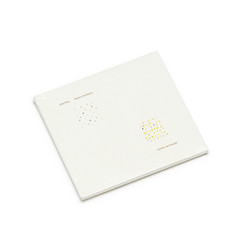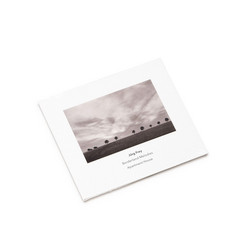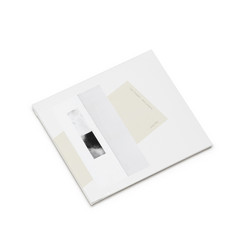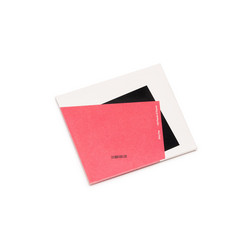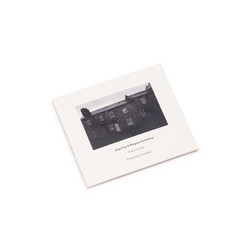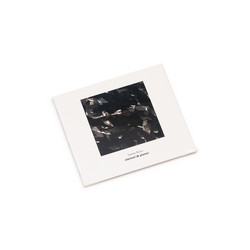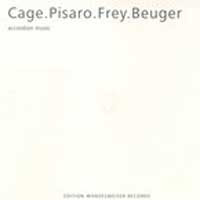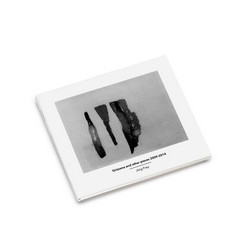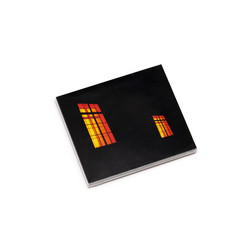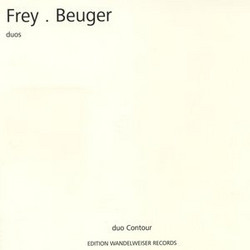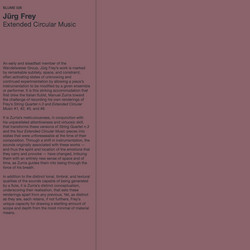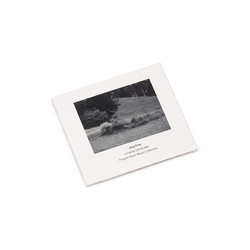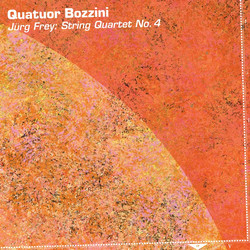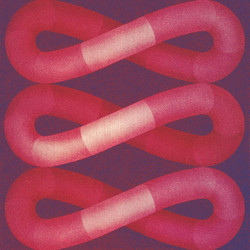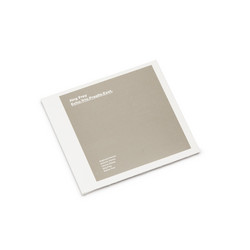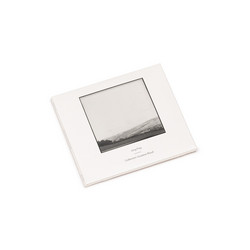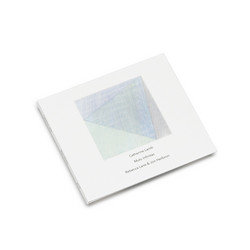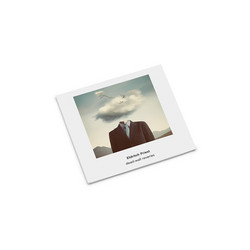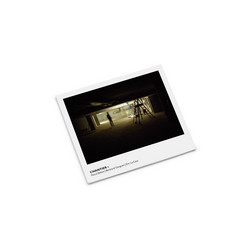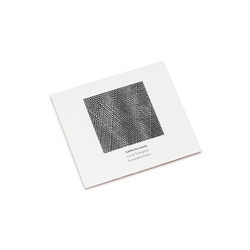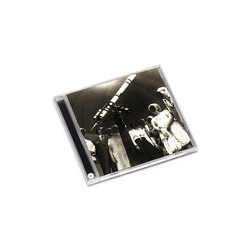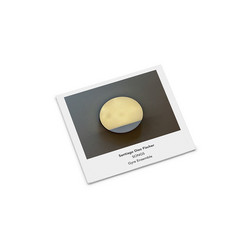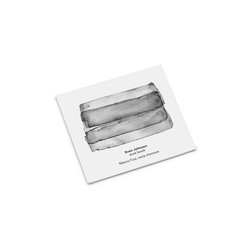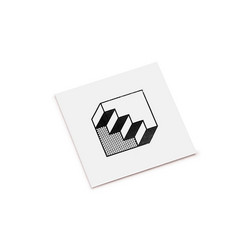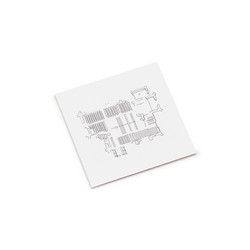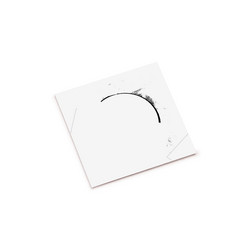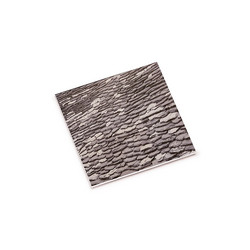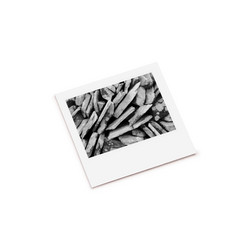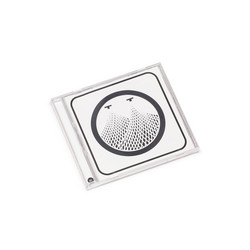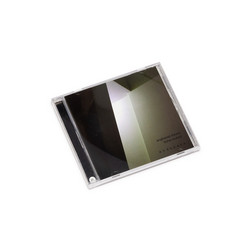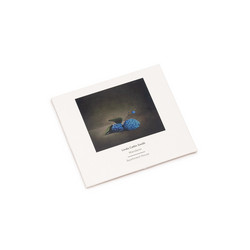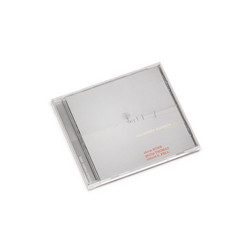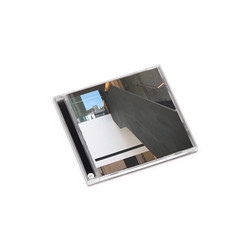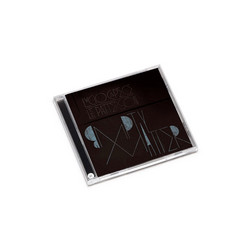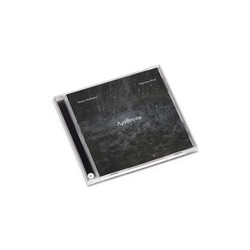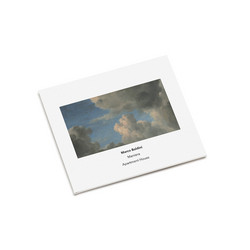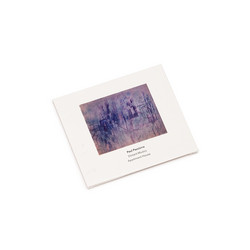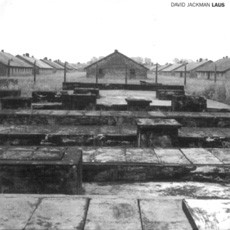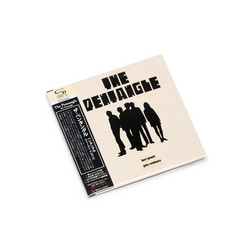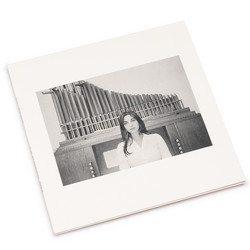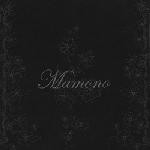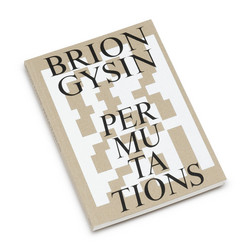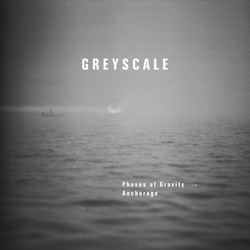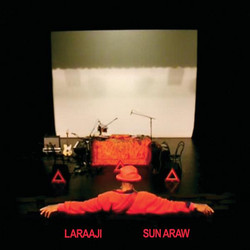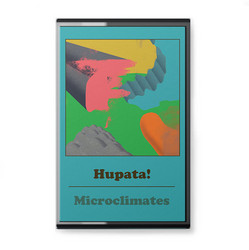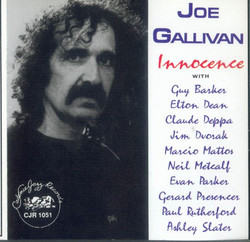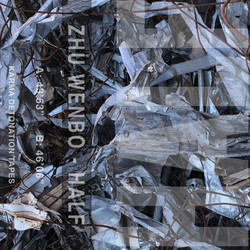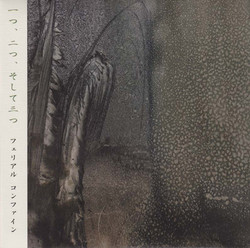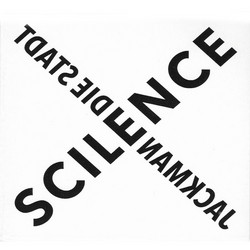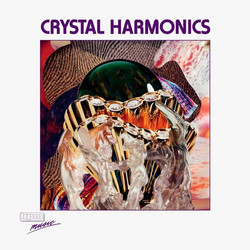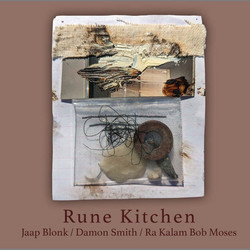A 51-minute journey through sound that Swiss composer Jürg Frey describes as "a (maybe even perfect) balance between anonymity and personality." Originally commissioned by Concertgebouw Brugge and premiered at the 2019 SLOW Festival, this String Trio underwent extensive revision before Apartment House brought it to its "final destination" in this first recording. Frey's compositional process defies system – everything emerges slowly through what he calls "a slow but natural process which I can't accelerate at will." The opening nine minutes feature Anton Lukoszevieze's cello sustaining a single E note, yet it never becomes tiresome, acting instead as bedrock over which Mira Benjamin's violin and Bridget Carey's viola float with unexpected freedom.
The composer himself admits this is the first piece he's listened to "again and again after finishing the editing" – an unprecedented personal attachment. What draws him back? The work's strange inexplicability, even to its creator. Those closing minutes carry what one critic called "sombre melancholy commanding attention," a gentle heartbreak rendered without sentimentality.
Frey's mature voice shows here: techniques from previous avant-garde generations sound completely renewed, neither reducing instruments to mere pitch generators nor to pure timbral vehicles. This is music that pleases the senses as much as the mind, achieving that rare balance between compositional rigor and emotional directness.
For admirers of Antoine Beuger, Michael Pisaro, and the Wandelweiser aesthetic.
"I wrote the piece on a commission from the Concertgebouw Brugge, and it was premiered by the Goeyvaerts Trio as part of the 2019 Slow Festival. The trio played the piece again after the festival, but I always had the feeling that it hadn’t yet arrived at its final destination. So when the plan emerged to have Apartment House record the trio, I sat down again and worked some more on the piece. It’s not the first time I’ve re-worked ‘finished’ pieces. This is mainly due to my basic way of working, which knows no compositional system, and the procedure is also unsystematic. This means that everything takes a long time. It’s a slow process of emergence, of omission, of developments. It feels like a slow but natural process which I can’t accelerate at will. And this process leads in the end to a clear, in itself calm architecture of the composition. A calmness that is not least connected with the fact that the compositional questions have now been clarified." - Jurg Frey

